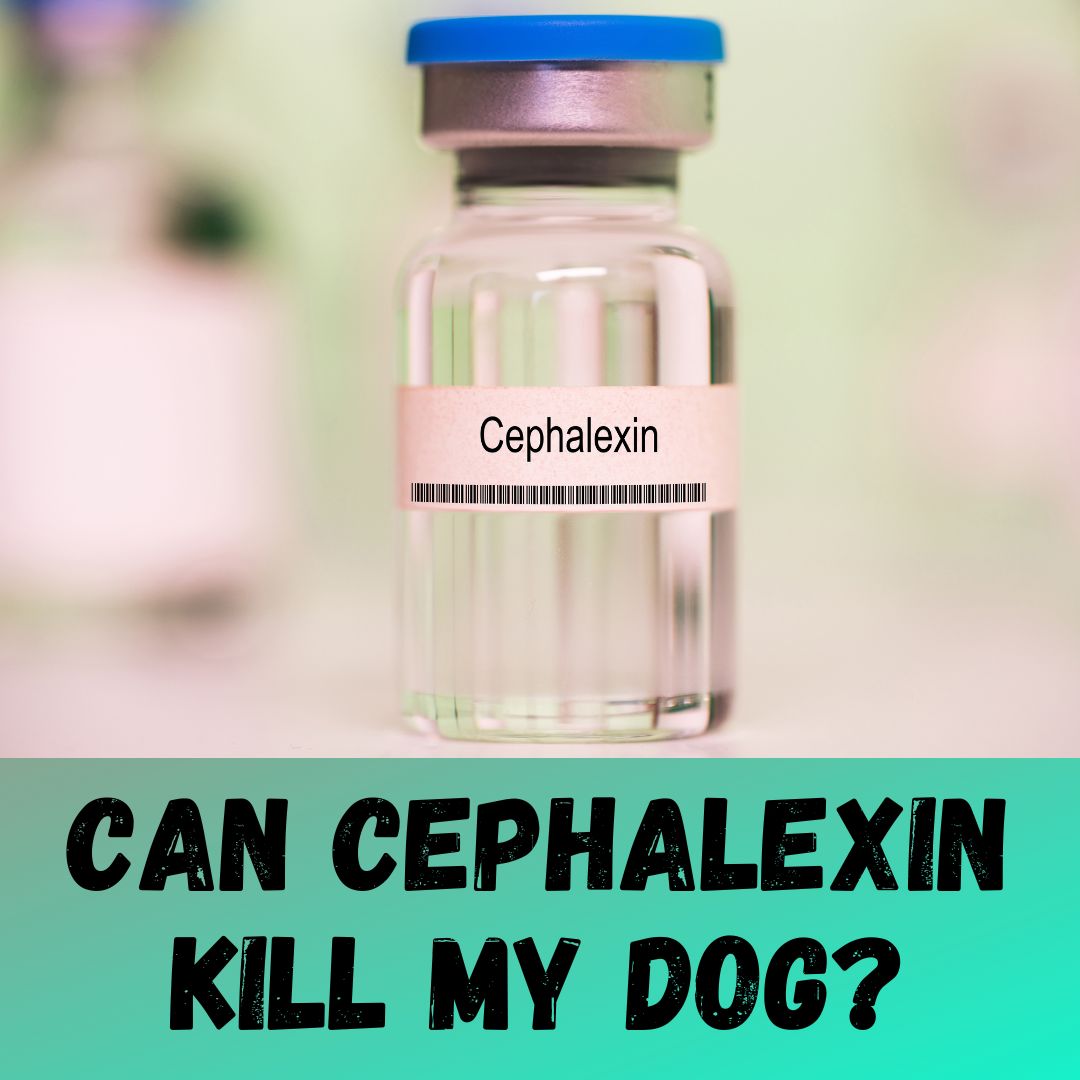Cephalexin is a commonly prescribed antibiotic used in both human and veterinary medicine to treat various bacterial infections. It belongs to the class of drugs known as cephalosporins. While cephalexin is generally considered safe and effective when used correctly, there can be potential side effects and adverse reactions in certain cases.
Post Contents
Dosage of Cephalexin:
The appropriate dosage of cephalexin for dogs depends on several factors, including the dog’s weight, the severity of the infection being treated, and the specific instructions provided by a veterinarian. Veterinarians typically consider the individual dog’s condition and calculate the correct dosage based on their professional expertise and knowledge of the drug.
It’s important to administer medications only as prescribed by a veterinarian and to follow their instructions carefully. Giving incorrect dosages or using the medication without veterinary guidance can lead to potential complications or adverse effects.
Difference Between Dog and Human Cephalexin
Cephalexin is the same antibiotic regardless of whether it is prescribed for dogs or humans. However, the dosages and formulations may differ. Human cephalexin products may contain additional ingredients that could be harmful to dogs, so it’s important to use veterinary-prescribed cephalexin for dogs.
Side Effects of Cephalexin:
Cephalexin can cause side effects in dogs, although they are generally uncommon and usually not severe. Some possible side effects may include:
- Gastrointestinal Issues: Dogs may experience mild gastrointestinal disturbances such as vomiting, diarrhea, or loss of appetite. These symptoms are usually temporary and resolve once the medication is discontinued.
- Allergic Reactions: In rare cases, dogs may have an allergic reaction to cephalexin. Signs of an allergic reaction can include hives, facial swelling, difficulty breathing, or collapse. If you observe any signs of an allergic reaction, it is important to seek immediate veterinary attention.
- Digestive System Disruption: Antibiotics like cephalexin can disrupt the natural balance of bacteria in the digestive system, potentially leading to an overgrowth of certain bacteria such as Clostridium difficile. This can result in diarrhea or other gastrointestinal issues. If your dog experiences persistent or severe diarrhea, contact a veterinarian.
- Other Potential Side Effects: Dogs may occasionally experience other less common side effects, such as lethargy, dizziness, or changes in behavior. If you observe any unusual symptoms, it is important to consult a veterinarian for further evaluation.
How Bad Is Cephalexin for Dogs?
Cephalexin is generally well-tolerated by dogs when administered at the appropriate dosage and under veterinary supervision. However, like any medication, it can have potential side effects or adverse reactions. These are typically uncommon and usually mild, but it’s important to monitor your dog for any unusual symptoms and consult with a veterinarian if you have concerns.
Is Cephalexin Harmful to Pets?
Cephalexin can be safely used in dogs, but it should not be given to other pets, such as cats, without specific veterinary guidance. Different species metabolize medications differently, and what may be safe for dogs can be harmful to other animals.
How Long Can a Dog Stay on Cephalexin?
The duration of cephalexin treatment for dogs depends on the specific infection being treated. In some cases, dogs may need to take cephalexin for several days to a few weeks. The duration is determined by a veterinarian based on the type and severity of the infection.
What Bacteria Is Killed by Cephalexin?
Cephalexin is effective against a wide range of gram-positive bacteria, including Staphylococcus and Streptococcus species. However, it may not be effective against all types of bacteria, as some strains may have developed resistance. A veterinarian will determine the most appropriate antibiotic based on the specific bacterial infection.
How Much Cephalexin Is Safe?
The safe dosage of cephalexin for dogs depends on factors such as the dog’s weight, the severity of the infection, and the specific instructions provided by a veterinarian. It’s essential to follow the prescribed dosage and not exceed the recommended amount.
What Antibiotic Is Safe for Dogs?
Several antibiotics are commonly used in dogs, including cephalexin, amoxicillin, clindamycin, and enrofloxacin, among others. The specific antibiotic prescribed will depend on the type of infection, the susceptibility of the bacteria, and other individual factors. It is important to consult with a veterinarian to determine the most appropriate and safe antibiotic for your dog’s specific condition.
Can Cephalexin Make My Dog Sick?
Cephalexin can cause potential side effects in dogs, but they are generally mild. Common side effects may include gastrointestinal disturbances such as vomiting, diarrhea, or loss of appetite. If you notice any severe or persistent symptoms, it’s important to consult with a veterinarian.
Does Cephalexin Make Dogs Lethargic?
Lethargy is not a common side effect of cephalexin in dogs. However, individual reactions can vary, and some dogs may experience changes in behavior or energy levels while taking medications. If you observe any concerning symptoms, it’s best to consult with a veterinarian for further evaluation.
It’s important to remember that the information provided here is general, and specific cases may vary. It is always recommended to consult with a veterinarian for accurate and personalized advice regarding the use of cephalexin or any other medication for your dog.
Conclusion:
Cephalexin is an antibiotic commonly used to treat bacterial infections in dogs. While it is generally considered safe and effective, there can be potential side effects or adverse reactions. It’s important to follow veterinary guidance, use the medication as prescribed, and monitor your dog for any signs of adverse effects. If you have concerns about your dog’s reaction to cephalexin or any other medication, it is best to consult with a veterinarian for appropriate guidance and support.

94% of pet owners say their animal pal makes them smile more than once a day. In 2007, I realized that I was made for saving Animals. My father is a Vet, and I think every pet deserves one. I started this blog, “InPetCare”, in 2019 with my father to enlighten a wider audience.
